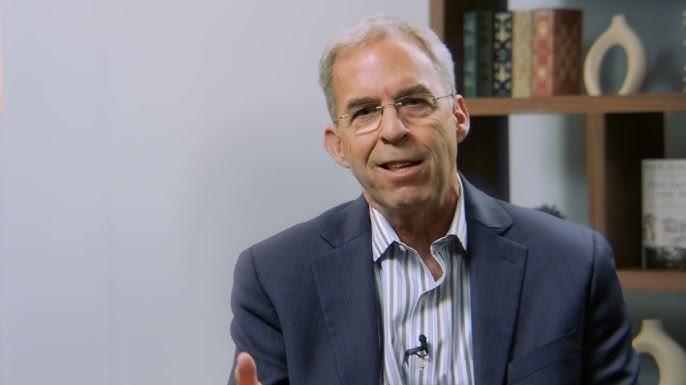
The Army's Rich History: Lessons for Today’s Leaders
In the heart of America's military history lies a tapestry of valor and leadership that continues to influence modern-day service members and corporate leaders alike. This week, as we celebrate the Army's 250th birthday, we turn our attention to a captivating conversation with Pulitzer Prize-winning historian Rick Atkinson, who has dedicated his life to unearthing the storied past of the U.S. Army. Atkinson’s insights into our military origins are not merely academic; they are filled with practical wisdom applicable to today’s leaders.
The Impact of an Army Brat: Personal Influence on Military History
Atkinson’s fascination with military history was nurtured during his childhood as an ‘Army brat,’ shaped by his father’s three-decade career. This unique upbringing provided him with firsthand insights into the complexities of military life, fostering a profound understanding of the Army's values and ethos. Such experiences not only highlight the personal connection many service members feel towards their history but also underline the importance of leadership within military families. For those currently serving or connected to service members, recognizing the generational impact of military culture can prove vital in shaping future leaders.
Drawing Parallels: Washington’s Legacy and Modern Military Leadership
Atkinson expertly draws comparisons between George Washington’s army and today's military forces, illustrating how enduring principles such as self-study, logistics, and leadership under pressure remain relevant. Washington's instinct for civilian control and his rapid evolution as a commander resonate in the Army’s contemporary leadership framework, reminding us that understanding the historical context is crucial for shaping strategic decisions today. Leaders in all fields can glean insights from these parallels, fostering adaptability amid changing circumstances.
Complexity Over Myth: Understanding the American Revolution
Atkinson points out that the American Revolution should be viewed as “our first civil war,” rich with complexity that goes beyond the simplified narratives we often hear. Acknowledging this complexity allows leaders to better appreciate the nuanced challenges that characterize both past and present conflicts. This deeper understanding can foster more impactful decision-making and strategic planning within both military and corporate environments.
The Role of Learning and Curiosity in Leadership Development
Atkinson emphasizes the historical importance of books and informal learning among Washington's officers, a tradition that is crucial for contemporary leadership development. In a world increasingly defined by rapid change, maintaining curiosity and a commitment to lifelong learning can empower leaders to cultivate innovation and inspire their teams. Whether in a combat zone or a corporate boardroom, the power of curiosity can lead to transformative insights and solutions.
Legacy and Leadership: Carrying Forward the Founding Principles
The legacies of America’s Founding Generation must remain at the forefront of our minds. Atkinson challenges today’s leaders—military and civilian alike—to reflect on the foundational sacrifices made so that we can thrive today. This call to action is not merely sentimental; it's a reminder that the lessons derived from our history can guide us in the face of contemporary challenges.
Conclusion: The Call for Reflection and Action
As we honor the Army's storied past, there is a significant opportunity for service members, veterans, and civilian leaders to learn from it. Rick Atkinson's insights stress the need for embracing our complex history, as it serves as a compass for navigating the future. Reflecting on these lessons can inspire greatness, helping us understand that the past is more than just a prologue; it is crucial instruction for effective leadership in any field.
 Add Row
Add Row  Add
Add 




Write A Comment